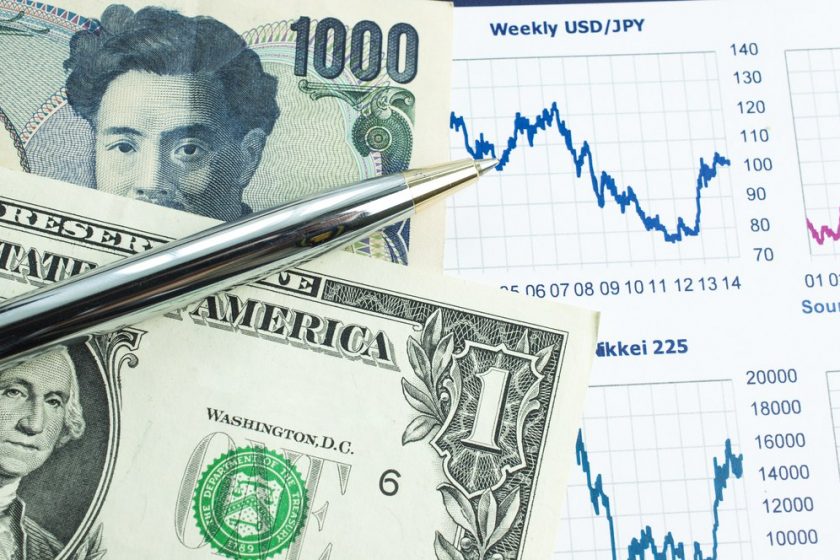Investors have said that a seismic shift in the policy of the Japanese central bank still remains a question of when and not if, as they gear up for wild swings in the currency markets and fresh havoc in the bond markets.
On Wednesday, the Bank of Japan opted to continue with ultra-low interest rates, which includes a bond yield cap that it has been trying to defend.
Markets had been expecting the central bank to phase out its huge stimulus program because of the increasing inflationary pressure.
Policy change
According to analysts, it is inevitable that the Japanese central bank would change its policy because inflation has risen to a high of 41 years and there is a rise in the cost of keeping the borrowing cost low.
They said that even though the timing of the policy shift remains uncertain, it will eventually happen. They added that Japanese government bond yields would rise and the Japanese currency would also strengthen.
Expectations on Wednesday showed that the Bank of Japan is expected to widen the target range for the government bond yield to below zero or less than 1% in March, which is 0.5% right now.
Likewise, there are a lot of expectations about a rise in the yen’s value. On Wednesday, there was a drop in the 10-year bond yield to 0.4%, but it is still close to its 2015 highs.
The impact
There is more cash coming back home because of expectations that the yields will go up due to which investors have to adapt to a possible drop in the demand for global bonds in Japan.
According to some, this is quite a risk because a number of central banks have actually begun to offload bonds for monetary tightening and there is a surge in government debt sales.
Foreign bond holdings reached their peak at $3 trillion amongst Japanese institutional investors, not including the reserve portfolio of Japan worth $1 trillion.
Even though the holdings have declined of late, they are still estimated to be higher than $2 trillion. The flow from Japanese investors are quite significant for sovereign bond markets, which are valued at $70 trillion.
This is due to the fact that Japanese investors have the biggest holdings of US Treasuries and have also bought a significant amount of debt in France and Australia.
Going home
Japanese investors have not ignored the implications of a possible change in monetary policy and higher inflation in the country.
In order to get a return, they would have to send their cash overseas for the first time in years. It is unlikely that foreign bonds will be sold rapidly because it would result in sharp losses.
Nonetheless, Japanese investors anticipated a shift and already sold foreign bonds worth $15.94 million back in December, which was the fourth consecutive month of selling.
Market analysts said that the impact of Japanese flows in the global bond market has been as significant as that of Chinese flows in the last decade.

